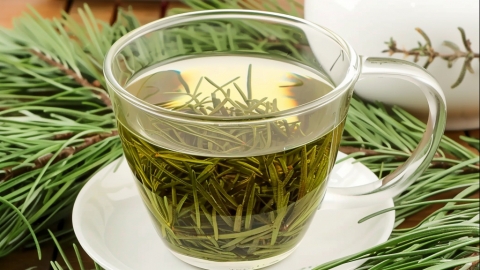Can patients with renal insufficiency drink tea?
Generally, whether patients with renal insufficiency can drink tea should be determined based on individual circumstances. If the condition is mild without significant complications, drinking small amounts of weak tea may be acceptable. However, if the condition is severe or accompanied by complications such as hyperkalemia, tea consumption is not recommended. Detailed explanations are as follows:

If a patient with renal insufficiency has a mild condition, minimal kidney damage, and no obvious complications such as hyperkalemia or edema, small amounts of weak tea may be consumed. The water content and small amounts of nutrients in weak tea generally do not impose a significant burden on the kidneys. However, intake should be controlled to avoid excessive consumption at one time.
For patients with severe renal insufficiency, significantly decreased glomerular filtration rate, or complications such as hyperkalemia and severe edema, tea consumption is not recommended. Tea contains a certain amount of potassium. At this time, the kidney's ability to excrete potassium is weakened, and drinking tea may lead to elevated blood potassium levels, which can cause dangerous conditions such as arrhythmia. Additionally, due to the high water content in tea, it may worsen edema and increase the burden on the kidneys.
To protect kidney function, patients should pay attention to controlling daily fluid intake to avoid worsening edema; reduce consumption of high-potassium and high-phosphorus foods such as bananas and nuts; and maintain a low-salt diet to reduce the metabolic burden on the kidneys.






